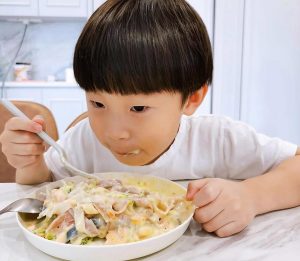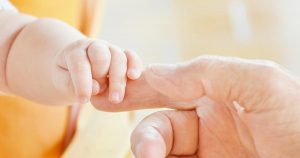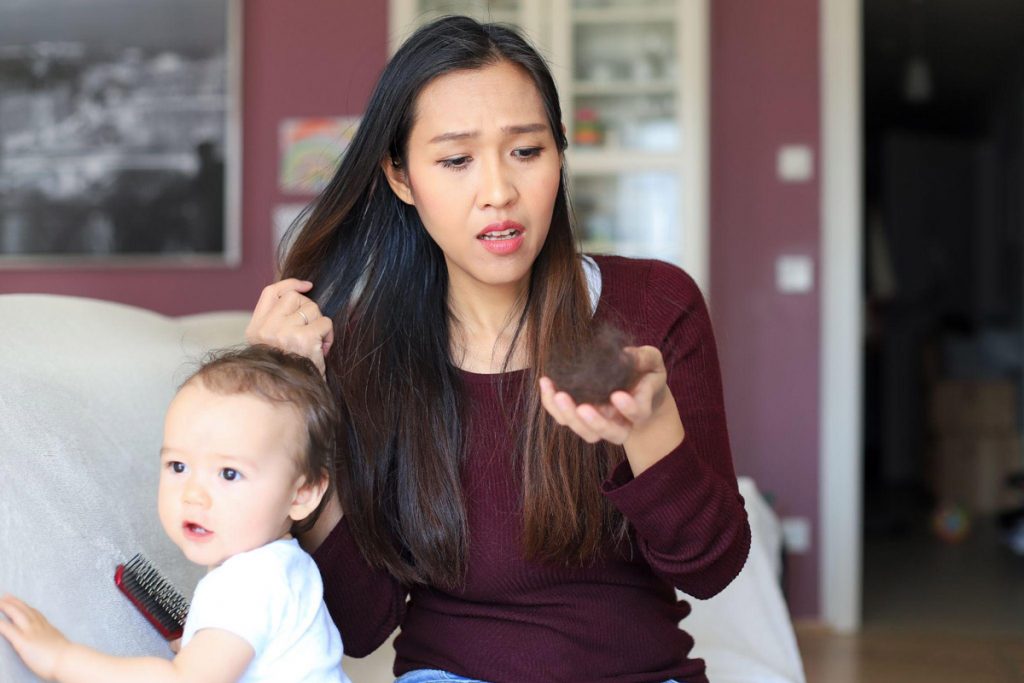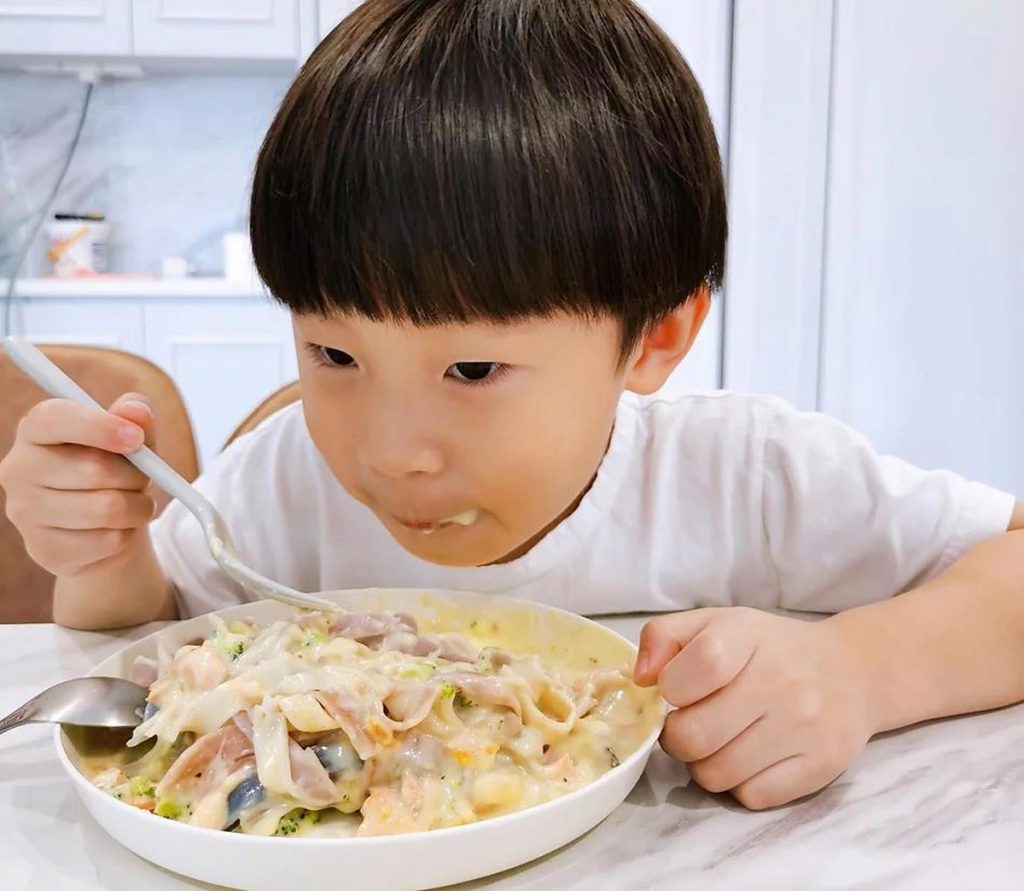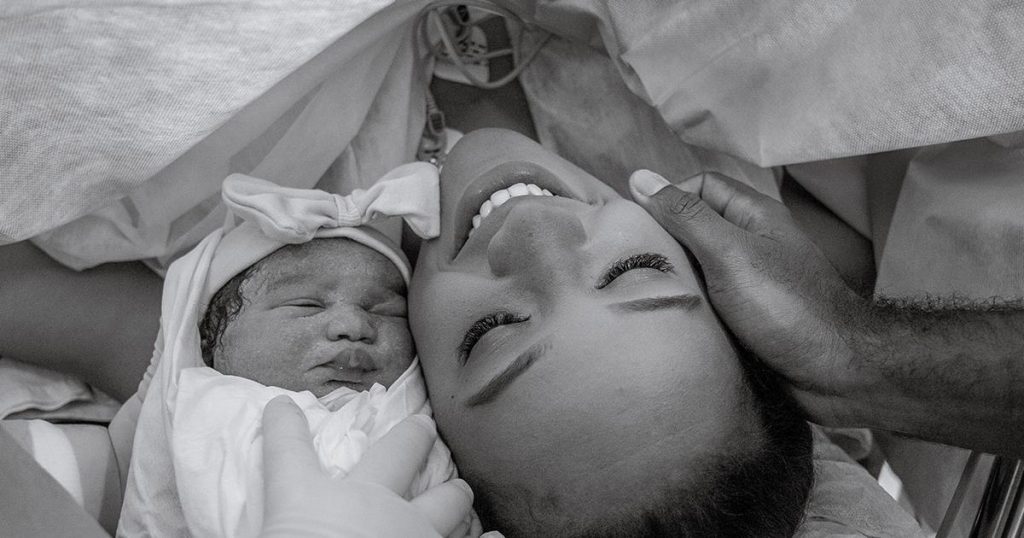You’re finally adjusting to motherhood, and all seems to be going well until you start to notice that… you’re dropping more hair than usual. Now before you freak out, don’t worry.
Postpartum hair loss is more common than you think. It’s a common, yet temporary, occurrence among new mums so it’s definitely not a cause for concern!
Often referred to as excessive hair shedding by dermatologists, postpartum hair loss affects most women a few months after delivering a baby. While the stress from raising your newborn is a contributing factor, such short-term hair loss is mainly attributed to fluctuating hormone levels.
Hormonal imbalance occurs after you give birth, and one of its side effects is postpartum hair loss. During pregnancy, your oestrogen levels spike, prolonging the growth phase (anagen) for your luscious locks. Immediately after childbirth, your oestrogen levels will return to normal, causing hairs to enter their shedding phase (telogen) and result in larger amounts of hair fall.
This transitory period spans the course of six to 12 months. By then, your hormone levels will be back on track, and your hair will return to its normal fullness, just in time for your child’s first birthday!
However, if the excessive hair shedding during this period bothers you, it’s alright; maybe our list of practical tips can help you manage your postpartum hair loss better.
1. Maintain a Well-Balanced Diet

Source: Ella Ollson on Unsplash
Maintaining a well-balanced diet is essential in aiding healthy hair growth.
Although the hormonal changes contributing to postpartum hair loss are inevitable, any nutritional deficiencies after childbirth can also mess with your hair cycle. As your bodily systems struggle to rebalance after pregnancy, your hair can be last on your body’s list of priorities to nourish.
Consuming a healthy diet chock full of fruits and vegetables will not only ensure your body gets all the nutrients it requires but also helps with your hair growth.
You can also include proteins in your meals, such as eggs, fish, and leafy vegetables. They are rich in vitamin A which helps your body reduce sebum production while exfoliating your scalp — preventing further hair loss.
2. Consider Purchasing Dietary Supplements
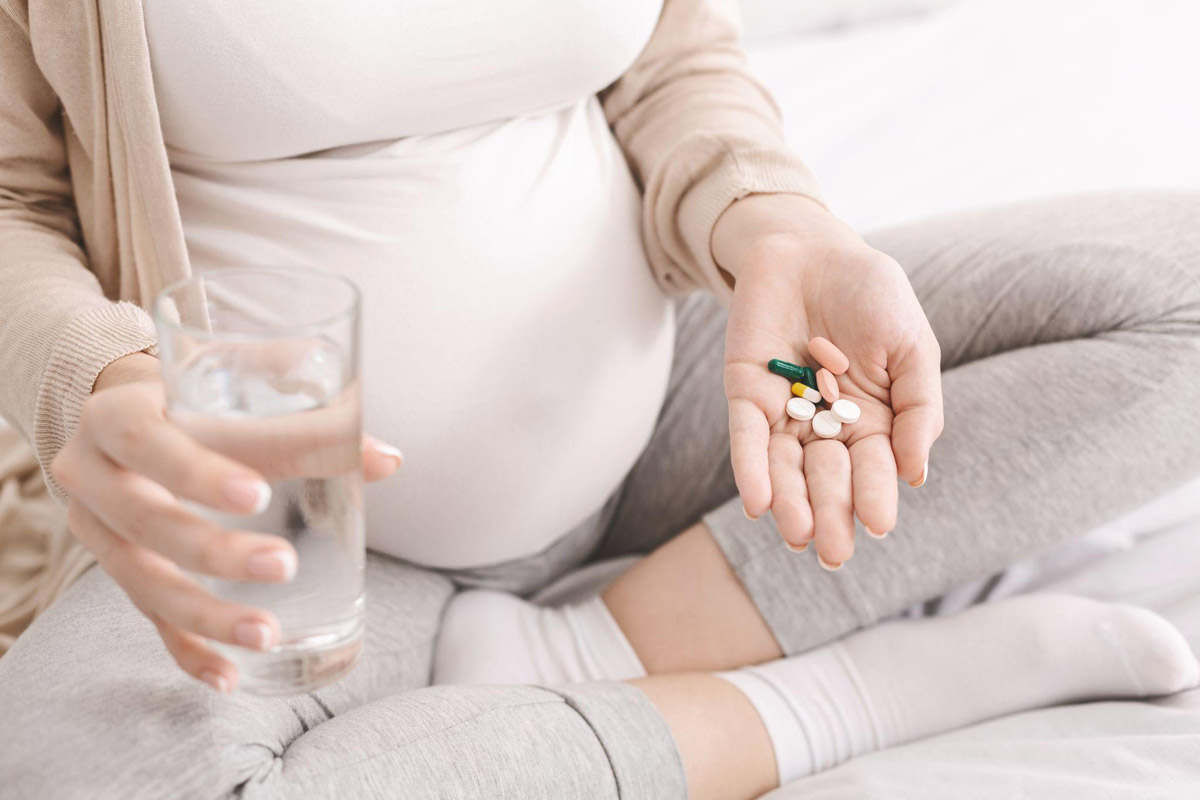
With the arrival of a new baby, as a new mum, you might not have the luxury of time to prepare home-cooked, balanced meals for yourself daily.
What’s more, if you’re breastfeeding, you’ll require a higher intake of nutrients as compared to your pre-pregnancy days! This means that without a balanced, nutritious diet, you won’t be getting the adequate nutrition your body needs. This advertently impacts your overall health and hair growth.
While dietary supplements are not substitutes for a varied diet, they can provide the extra dosage of nutrients that you otherwise lack. Most new mums often opt for vitamins rich in Biotin, Zinc, and Vitamin D – all of which are targeted towards hair growth and repair.
However, before purchasing any supplements off the shelf, it would be good to reach out to a trusted doctor or dietitian to ensure that the vitamins you have in mind don’t clash with your current postnatal medications.
3. Minimise Your Stress Levels
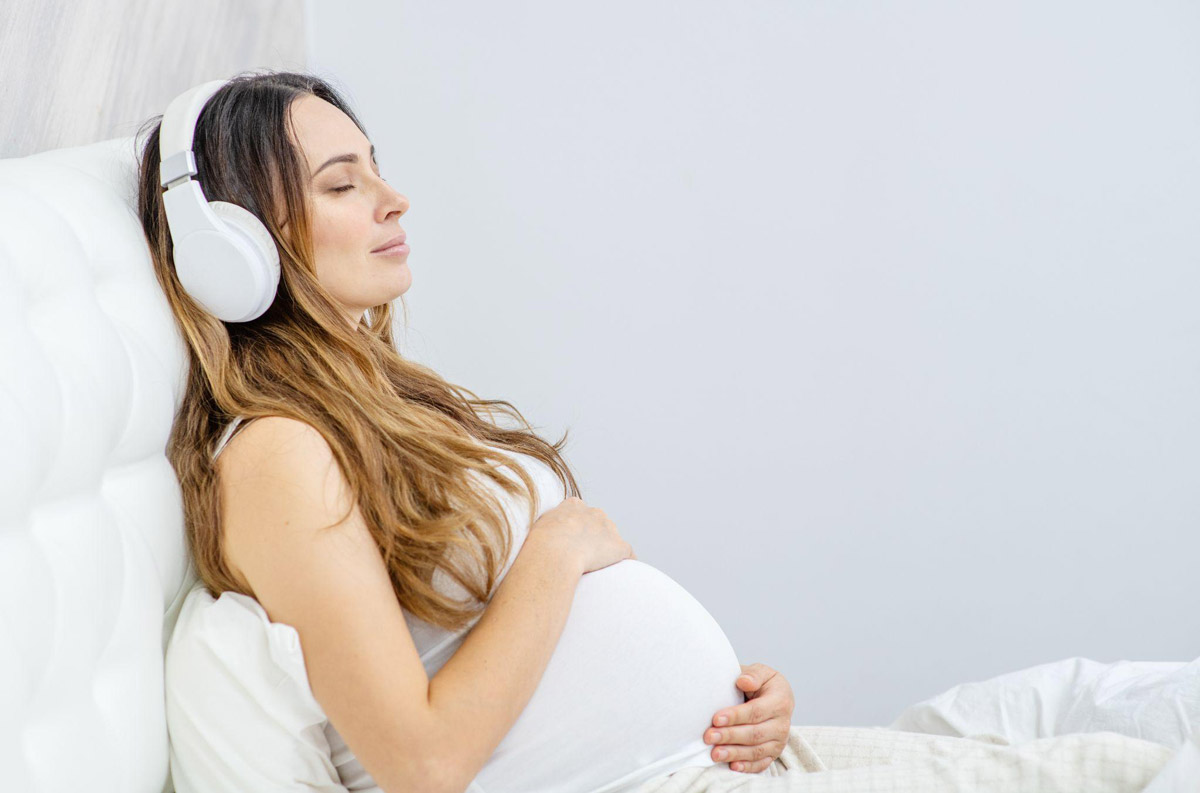
Stress plays a role in causing postpartum hair loss. This is because the stress hormone, namely cortisol, affects the function and cyclic regulation of your hair follicles!
When you’re stressed out — which you may experience while working hard to satisfy the demands of your newborn — cortisol dysregulation disrupts normal transitions of your hair growth cycle by prematurely shortening the growth period for your hair, causing increased hair fall.
However, actively taking steps to reduce your stress levels can regulate your hormonal imbalances! For example, practising relaxation techniques like meditation, breathing exercises, or mindfulness helps you relax and find peace of mind.
Alternatively, you may also squeeze in time to partake in activities and hobbies and reinvigorate that passion again!
4. Switch Up Your Hairstyle for Shorter Locks

Source: Xavier Mouton Photographie on Unsplash
New mum, new you! To celebrate the beginning of a brand new future with your little one, why not opt for a trendy bob and playful bangs?
With shorter locks, you’ll find that managing your new breezy hairstyle is a hassle-free experience that requires lesser maintenance and aftercare.
Besides, rocking a shorter cut comes with its perks. For instance, shorter hair can be conveniently styled to hide thinning hair! Additionally, with lesser strain on your hair follicles, your hair will be less susceptible to breakage.
Going for frequent trims at your salon can also create the illusion of fuller, healthier tresses as it removes old, damaged strands of hair.
Hair Grows Back
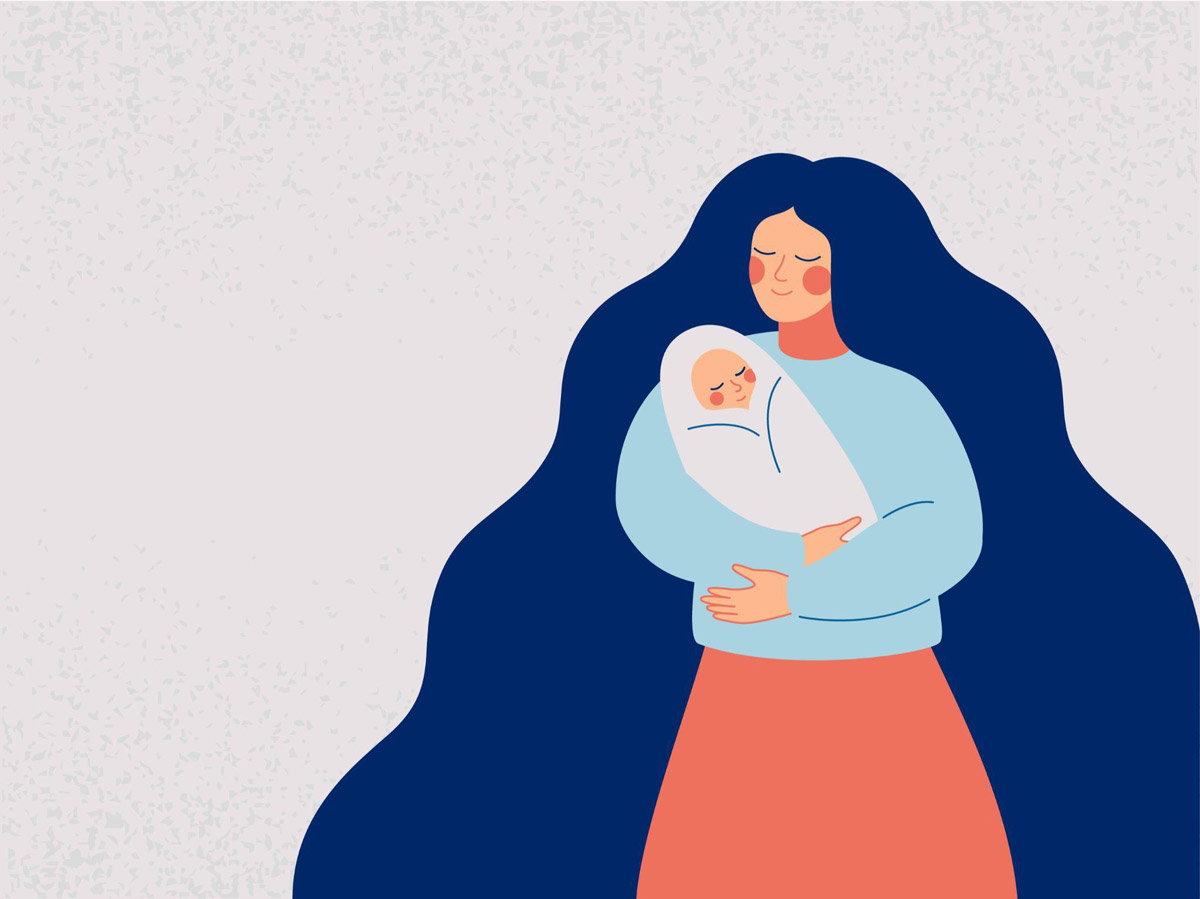
Although looking after your newborn has become your number one priority, it’s also imperative that you take proper care of yourself during this challenging postpartum period.
By nourishing your body with sufficient nutrients, a well-balanced diet, and more, both your mental and physical health will improve. Moreover, your postpartum hair loss struggles will be resolved quickly, too!
If you’re currently experiencing postpartum hair loss, don’t be alarmed or over-worry. We understand that this new circumstance is unnerving and undesirable but at the end of the day, this excessive hair shedding is only temporary.
So long as you follow our recommended tips, your locks will be back to the way they were pre-pregnancy by the time your baby blows out the candles on his/her first birthday!
Disclaimer: If these tips aren’t helping much, please do consult a medical professional for help. There might be other underlying causes impacting your hair re-growth so you should definitely seek assistance from your doctor.
The original article is posted on Blissful Brides.

